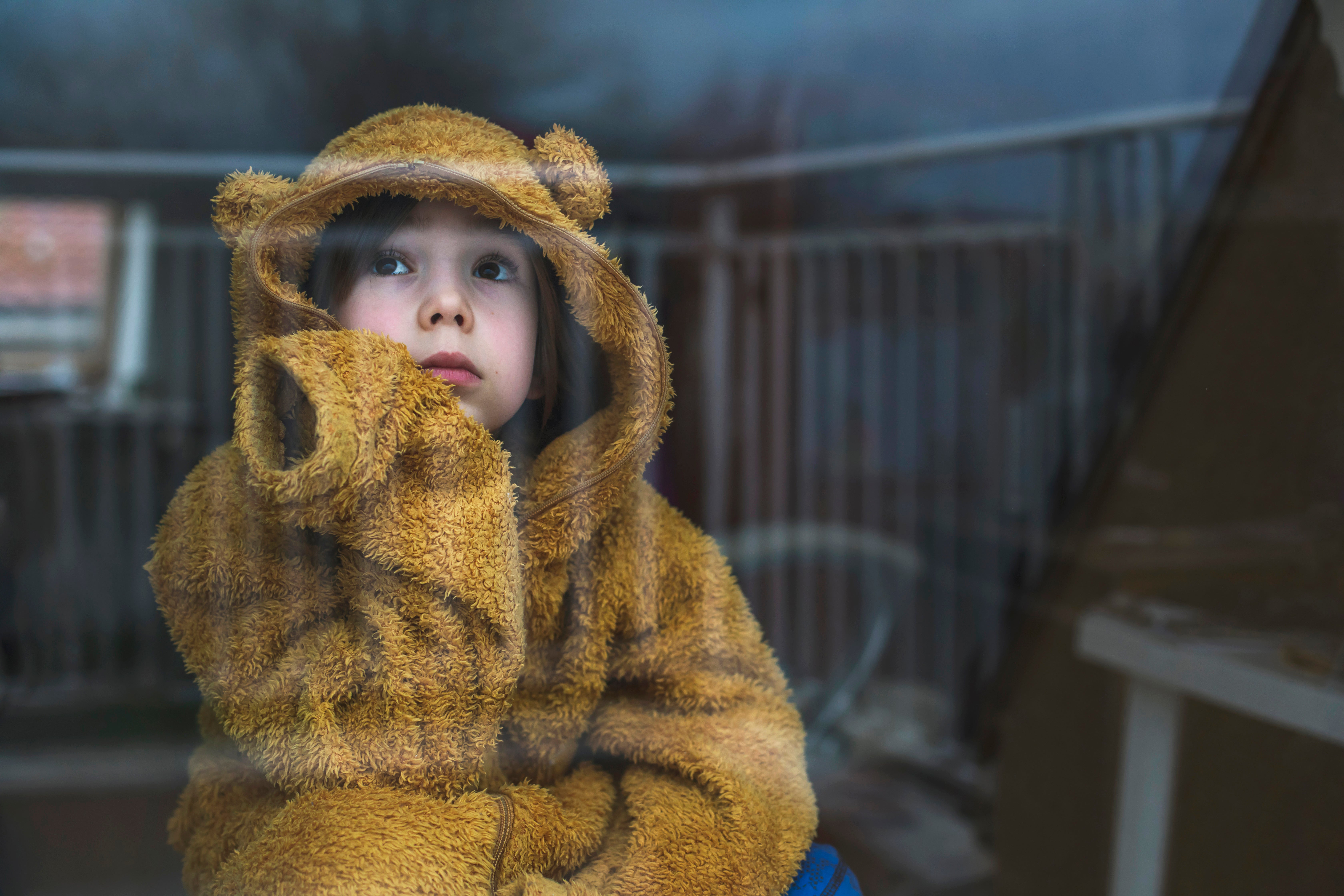Shaming LGBT+ survivors of child sexual abuse violates us all over again
Sexual abuse is not a broken ankle. It is damage to the central core identity of a young person


The Independent Inquiry into Child Sexual Abuse is to be commended for their latest report raising awareness of the issues affecting LGBT+ victims and survivors of child sexual abuse, but it is frankly a disgrace that a separate report is needed. Despite reforms in England and Wales such as reversing the ban on schools “promoting” homosexuality and the legalisation of gay marriage, our supposedly liberal society is still suspicious, reductive and frequently openly hostile to LGBT+ people. The same attitudes pervade the treatment of adults courageous enough to come forward to speak of the violations done to them as children. Survivors are seen as suspect and even abnormal. This must stop.
I was sexually abused as a child repeatedly for a year when I was at primary school. This was bewildering; it was terrorising; and the shame it planted in me about anything at all to do with sex was overwhelming. In my adolescence I gradually realised I was homosexual, and the shame intensified. The sadness is, I blamed my entirely ordinary homosexuality for the shame put into me, viscerally in my body, by my abuser. The abuse did not make me gay. It is frankly astounding I have to write that down.
The report shows this belief is not uncommon though, with one of the most harmful myths reported by both victims and survivors and support organisations being that someone’s sexual orientation or gender identity has formed in response to the child sexual abuse they experienced. Many people were told, and often believed, that they wouldn’t be LGBT+ if they had not been sexually abused as children.
Nearly every organisation and victim and survivor that contributed to the report emphasised how common this attitude is, not only in wider society but also amongst professionals, including specialist support organisations. The Inquiry heard that some support professionals spent more time on victims and survivors’ sexual identities than on the individual and their distress.
Another damaging myth I’ve heard all too often is that adults who were sexually abused as children will go on to sexually abuse children. Many victims and survivors who contributed to the report said they chose not to disclose, even to close family members, and struggled to seek appropriate support for fear of living under suspicion of being “paedophiles.” Although this was felt more strongly by men, this was spoken about by both men and women.
To keep up to speed with all the latest opinions and comment, sign up to our free weekly Voices Dispatches newsletter by clicking here
The report also found some victims and survivors have had the “LGBT+” label applied to them as a result of the gender of their abuser, rather than being allowed to define themselves. Many men also said that when they were younger they had been accused of “inviting” sexual abuse because they showed an interest in other men by being stereotypically “effeminate.”
For some “gay” is an adjective – I am a bank manager, a footballer, a midwife, who happens to be gay. For many non-binary or trans people, their gender is a crucial part of their core identity. Sexual abuse of course complicates this as it does for all survivors, but shaming any survivors by crass and ignorant assumptions or questions is violating us all over again. Sexual abuse is not a broken ankle. It is damage to the central core identity of a young person that will last with them for life, if not properly addressed.
Later this year the Inquiry will produce its final overarching report, but we cannot let it just collect dust on a shelf or take up space on a hard drive – we must act. The responsibility for this lies with us all. Collectively, we all have a role to play in preventing this appalling crime perpetrated on children, the most vulnerable members of society.
Patrick Sandford is a theatre director and survivor of childhood sexual abuse
Join our commenting forum
Join thought-provoking conversations, follow other Independent readers and see their replies
Comments
Bookmark popover
Removed from bookmarks